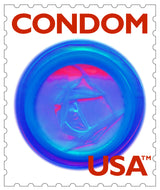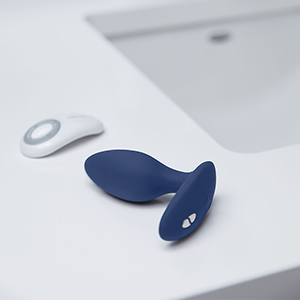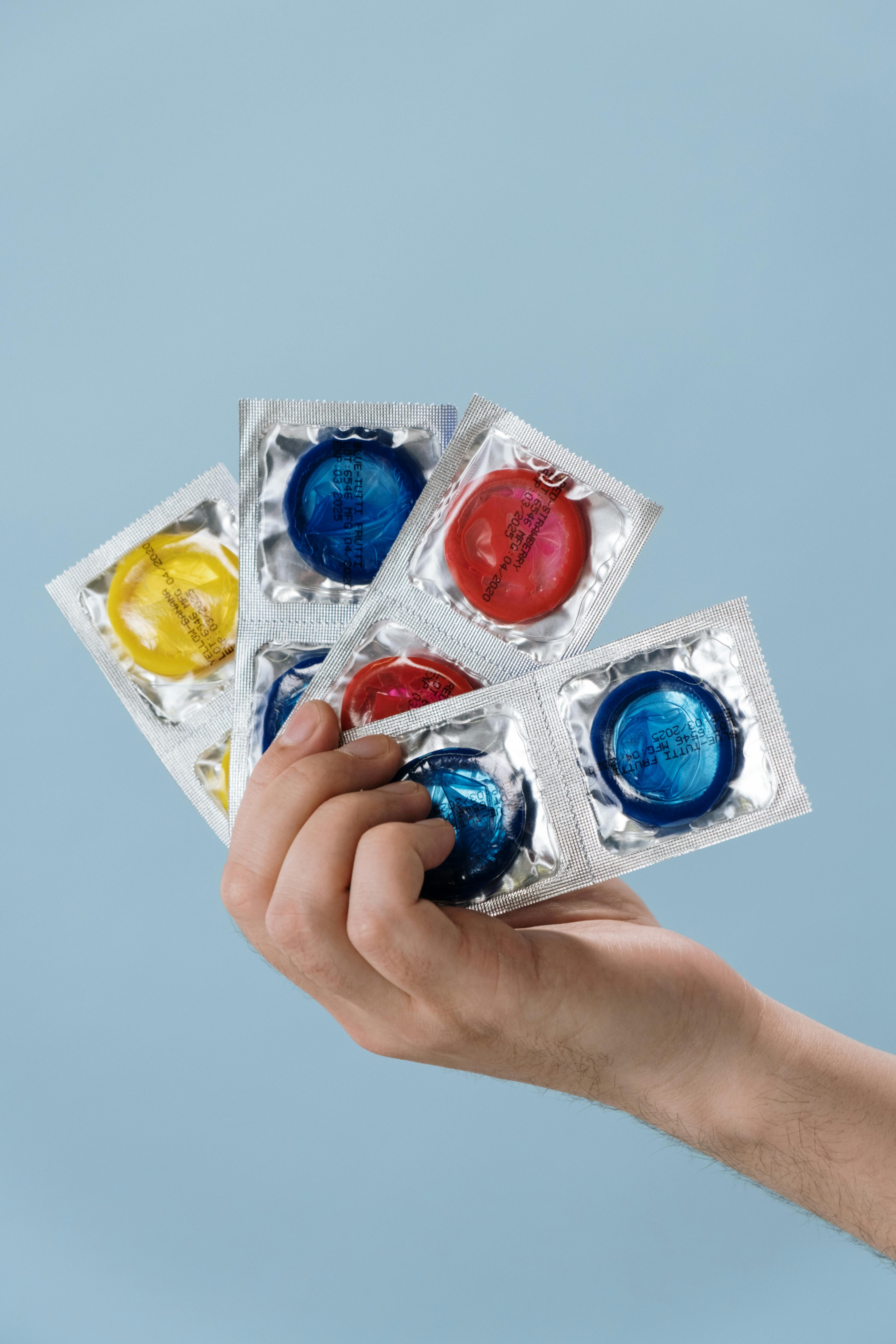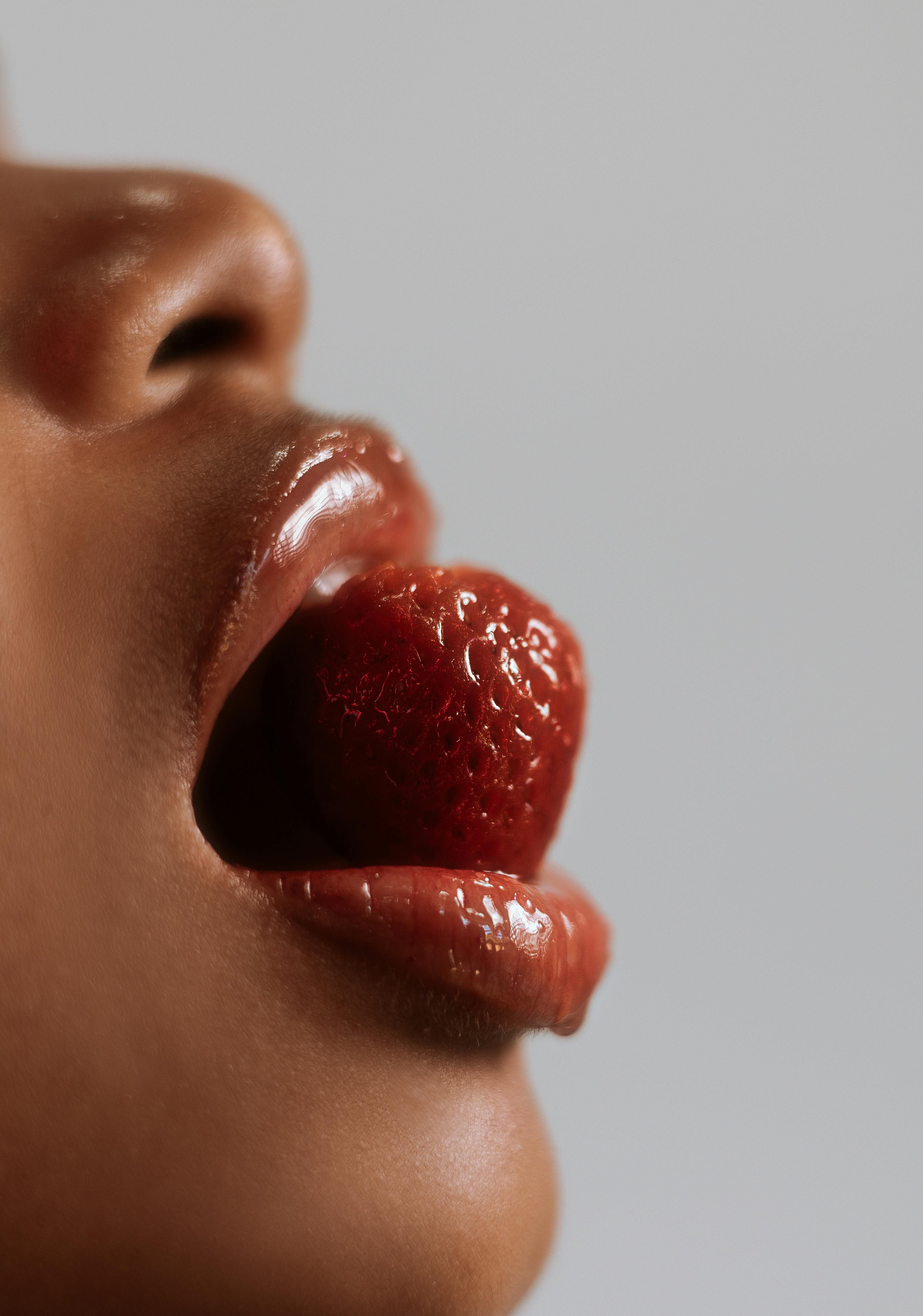What is Sexual Dysfunction in Women?
Sexual dysfunction refers to persistent or recurring problems during any stage of the sexual response (desire, arousal, plateau, orgasm, resolution) that prevents the individual or couple from experiencing satisfaction from sexual activity and causes distress.
What can women do to boost their libido? Women can see a doctor for medical or hormonal treatment methods, but don't hesitate to try your own methods, sexual enhancers can play a great role too.
During life’s biggest physical and emotional changes — perimenopause, postpartum phases, and menopause — our reproductive hormones can become imbalanced. This is when lots of women first experience low sex drive, fatigue, insomnia, hot flashes, mood swings, weight gain, and even digestive issues, all common symptoms of fluctuating hormones. These sensations can make you feel like a stranger in your own body — which affects your sexual self too, because when you don’t feel well, your interest in sex may dwindle. That’s why, for many women, feeling better physically is the first step to improving libido.
Women often note other aspects of their lives changing during these transitions as well. Maybe you’re finding the confidence to express yourself more freely and openly, or you’re reflecting on your life, thinking about taking the plunge into new activities. But you may also discover that just as you find your true voice, you’re under greater stress, with rambunctious teenagers in the house, or aging, and even “challenging,” parents to care for. You may be dealing with financial pressures or greater demands at work.
What are the causes of lack of libido in women?
As is the case with men, lack of desire in women can be of either physical or psychological origin.
Physical causes
Anemia, which is very common in women because of iron loss during periods.
Alcoholism.
Drug abuse.
Major diseases such as diabetes.
Post-baby 'coolness', a term we have coined for the loss of libido that often happens after childbirth. It is almost certainly linked to hormonal changes that occur at this time, though this has still not been proven. The general trauma of childbirth also plays a part – and after having a baby, many women are too exhausted to think about sex.
Prescribed drugs, particularly tranquillizers.
Hyperprolactinemia – a rare disorder in which the pituitary gland is overactive.
Other hormone abnormalities: leading Swiss gynecologist Dr Michael Nemec claimed to us that abnormalities in the production of luteinizing hormone (LH) often cause lack of desire, though there is little world-wide backing for this idea. And top British gynecologists John Studd says that many women who have lost their libido lack androgenic (male) hormones. This view remains controversial.
Psychological causes
These causes are very common. It's understandable that when a woman is having a bad time emotionally, she may lose interest in sex.
Psychological causes include:
depression
stress and overwork
anxiety
hang-ups from childhood
past sexual abuse or rape
latent lesbianism
serious relationship problems with your partner
difficult living conditions, eg sharing a home with parents or parents-in-law.
Start by going to your GP, who can discuss the problem with you and do any necessary tests.
An alternative is to go to a woman doctor at a family planning clinic, since these practitioners are used to dealing with this particular problem.






Leave a comment